Reduce Emotional Outbursts, Shutting Down and Oppositional Behaviors in Social and Academic Settings – BARBARA CULATTA (Digital Seminar)
Description:
Children and adolescents with ASD, ADHD, ACEs, and LLD lack self-regulation, emotion understanding, and social cognition. They display these deficits with a combination of poor conversational and interaction skills, frequent meltdowns, and disruptive/oppositional behaviors – accompanied by poor language, academic performance, and mounting frustration. How can we as therapists and teachers effectively identify, understand, and address these combined challenges to allow children to achieve both social and academic success?
The answer – develop a toolbox of language-, communication-, and attachment-based interventions!
Join international expert and author on language and literacy interventions Barbara Culatta, PhD, CCC-SLP, and learn to skillfully integrate language- and relationship-based strategies grounded in attachment and behavioral-cognitive research to effectively improve self-regulation, communication, and social skills in children. Dr. Culatta will guide you through a language-based framework that builds awareness of self and others, provides alternatives to acting out or shutting down, and is effective in any setting!
Purchase this recording and learn:
- Language-based strategies to help children identify and use internal state words to express emotions and reactions
- Communication and attachment strategies to promote relationship building, social problem solving, and academic performance
- Personal narratives to help children process attachment disruptions and trauma to increase emotion understanding
- Mindfulness, guided imagery, and sensory awareness techniques to help children improve regulation
- Movement- and sensory-based strategies to address behavioral, communicative, and social goals
Feel the joy of setting children and adolescents on the path to a more regulated and successful life!
Outline:
Relationship Among Self-Regulation, Language, and Social-Communication
- Self-regulation deficits in children with ASD, ADHD, ACEs, and LLD
- Development of self-regulation, emotion understanding, and Theory of Mind (ToM)
- Language and cognitive processes involved in social-emotional development
- Link among attachment, relationships, and emotions
Language and Behavior Assessments
- Exercises to measure understanding of words for internal states
- Tools to assess comprehension and connection of internal states to plans and actions
- Mechanisms to chart and monitor behavior
- Rubrics to assess social skills
- Checklists to determine factors that influence language and behavior
INTERVENTIONS AND STRATEGIES TO:
Develop Social-Communication Skills and Emotion Understanding
- Apply attachment theory to emotion understanding and social interactions
- Scaffold interactions to achieve topically-related turn taking
- Social narratives to establish social roles and rules
- Co-regulation strategies to build relationships
- Teach language to identify and express internal states
- ”Emotional Thermometer” to match feelings to appropriate responses
Address Dysregulation and Challenging Behaviors
- Personal narratives to process emotionally-charged events
- Self-talk, positive messaging, and labeling of internal states to manage emotions
- Move from tight routines to flexible scripts to ensure participation in group activities
- Calming, mindfulness, and bibliotherapy techniques
- Intrinsic motivation, positive engagement, and self-efficacy to improve behavior
- Movement and sensory experiences to engage children in learning
- Project- and team-based learning opportunities to establish rules for social participation
- Reinforcement system and procedures to manage behavior
Promote Self-Regulation Within Language and Curricular Contexts While Meeting ELA Standards
- Apply Theory of Mind (ToM) to text comprehension
- Connect internal states with plans, goals, and actions
- Tell, map, and analyze personal and social narratives
- Link social, behavioral, and educational goals
- Guide participation in instructional conversations
- Scaffold inferencing and predicting
NLP online course
So what is NLP?
Firstly, NLP stands for Neuro-Linguistic Programming. Secondly neuro refers to your neurology;
Thirdly linguistic refers to language however, programming refers to how that neural language functions.
As a result,In other words, learning NLP is like learning the language of your own mind!
Moreover, NLP is the study of excellent communication–both with yourself, and with others.
It was developed by modeling excellent communicators and therapists who got results with their clients.
NLP is a set of tools and techniques, but it is so much more than that.
In conclusion, It is an attitude and a methodology of knowing how to achieve your goals and get results.
Preview Information:
Original Page
Archive Page
More Course: NLP – HYPNOSIS – PHILOSOPHY
Outstanding Course:Iowa Mental Health & The Law – DANIEL


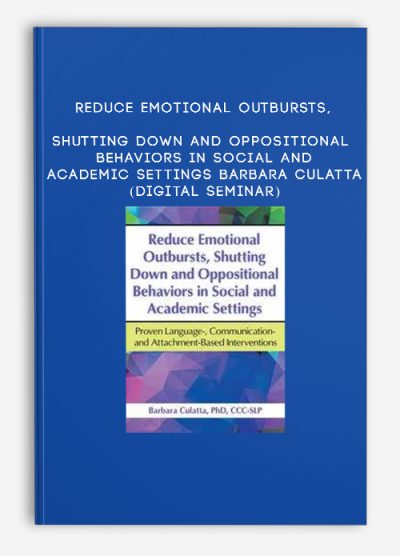
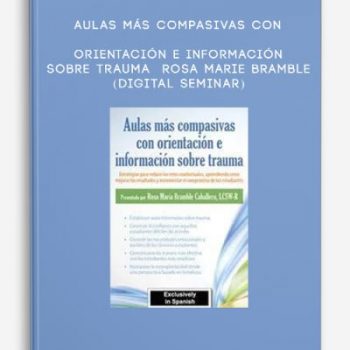
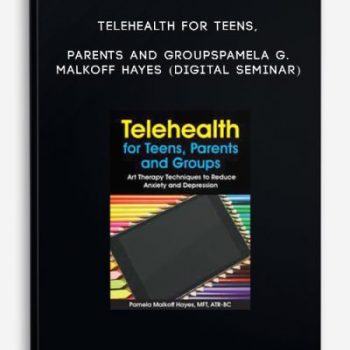
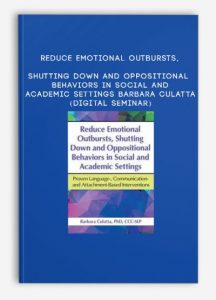


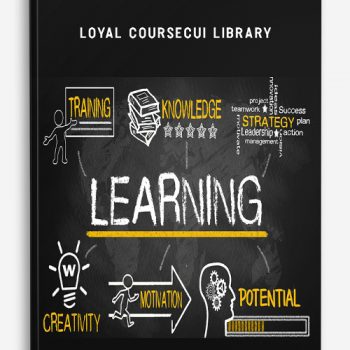

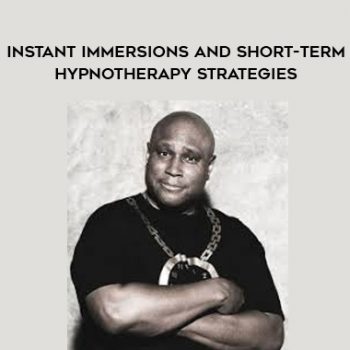
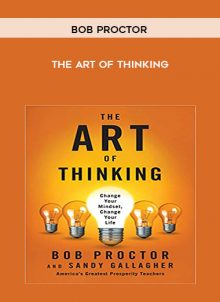


Lord –
This is Digital Download service, the course is available at Vincourse.com and Email download delivery.